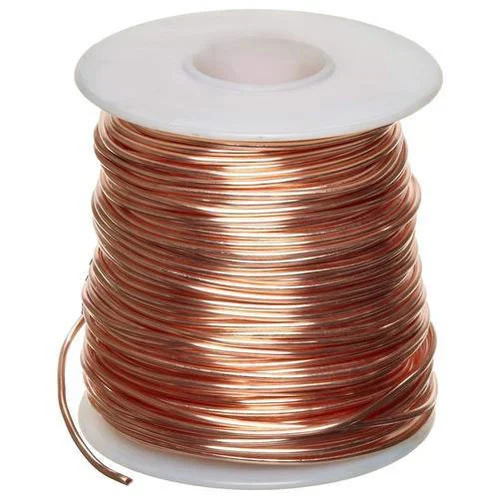In the realm of advanced materials, PI Metallized Film stands as a true marvel, seamlessly combining the remarkable properties of polyimide (PI) film with the conductivity of metal coatings. This dynamic fusion has revolutionized industries ranging from electronics to aerospace, offering unprecedented flexibility, heat resistance, and electrical conductivity. In this blog, we’ll embark on a journey to explore the exceptional world of PI Metallised Film, its properties, applications, and the transformative impact it’s making on modern technology.
The Fusion of Polyimide and Metal
PI Metallized Film is the result of expertly bonding a thin layer of metal, often aluminum or copper, onto a polyimide substrate. This union creates a unique material that inherits the remarkable attributes of both components. Polyimide is renowned for its exceptional thermal stability, mechanical strength, and dielectric properties, making it an ideal choice for applications requiring high-temperature resistance and electrical insulation. When combined with a metal coating, the resulting material exhibits enhanced electrical conductivity while retaining its flexibility and resilience.
Properties that Dazzle
- Flexibility: One of the standout features of PI Metallized Film is its remarkable flexibility. The inherent suppleness of polyimide, combined with the thin metal coating, results in a material that can be bent, folded, and shaped without compromising its electrical performance.
- Thermal Resistance: Polyimide is known for its exceptional thermal stability, and this property is carried over to the metallized film. PI Metallized Film can withstand high temperatures, making it suitable for applications in harsh environments, such as aerospace and automotive industries.
- Electrical Conductivity: The metal coating imparts electrical conductivity to the film, opening up a myriad of applications in electronics and sensors. The conductivity, coupled with the film’s flexibility, has led to innovative solutions in flexible circuits and wearable electronics.
- Chemical Resistance: PI Metallized Film exhibits resistance to a wide range of chemicals, including solvents and oils, further expanding its potential applications in demanding environments.
Applications that Shine
- Flexible Electronics: The exceptional combination of flexibility and conductivity makes PI Metallized Film an ideal candidate for flexible electronic applications. From flexible circuit boards to wearable sensors, the film enables the creation of innovative devices that can conform to complex shapes.
- Aerospace and Defense: The high thermal resistance and mechanical strength of PI Metallized Film find applications in aerospace and defense industries. It’s used for thermal insulation, electromagnetic shielding, and as a component in spacecraft and aircraft systems.
- Printed Electronics: The film’s electrical conductivity makes it a valuable material for printed electronics, including RFID antennas, touch sensors, and solar cells.
- Heat Dissipation: In applications where efficient heat dissipation is crucial, PI Metallized Film serves as a reliable solution due to its thermal conductivity properties.
The Path Ahead
As technology continues to advance, the versatility and performance of PI Metallized Film are likely to shine even brighter. Researchers are continually exploring ways to enhance its properties, from improving the metal coating processes to expanding its applications in emerging fields like flexible energy storage and advanced medical devices.
